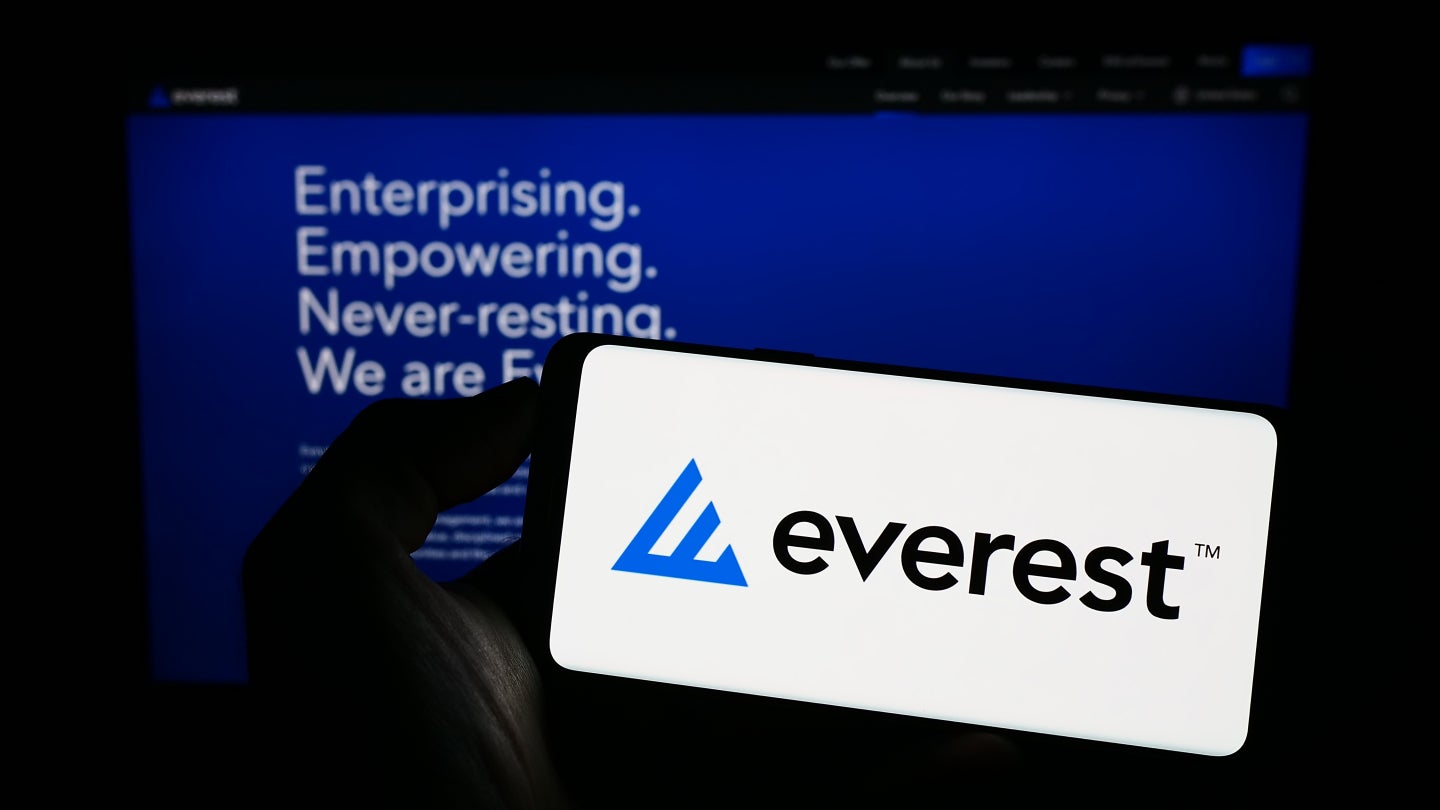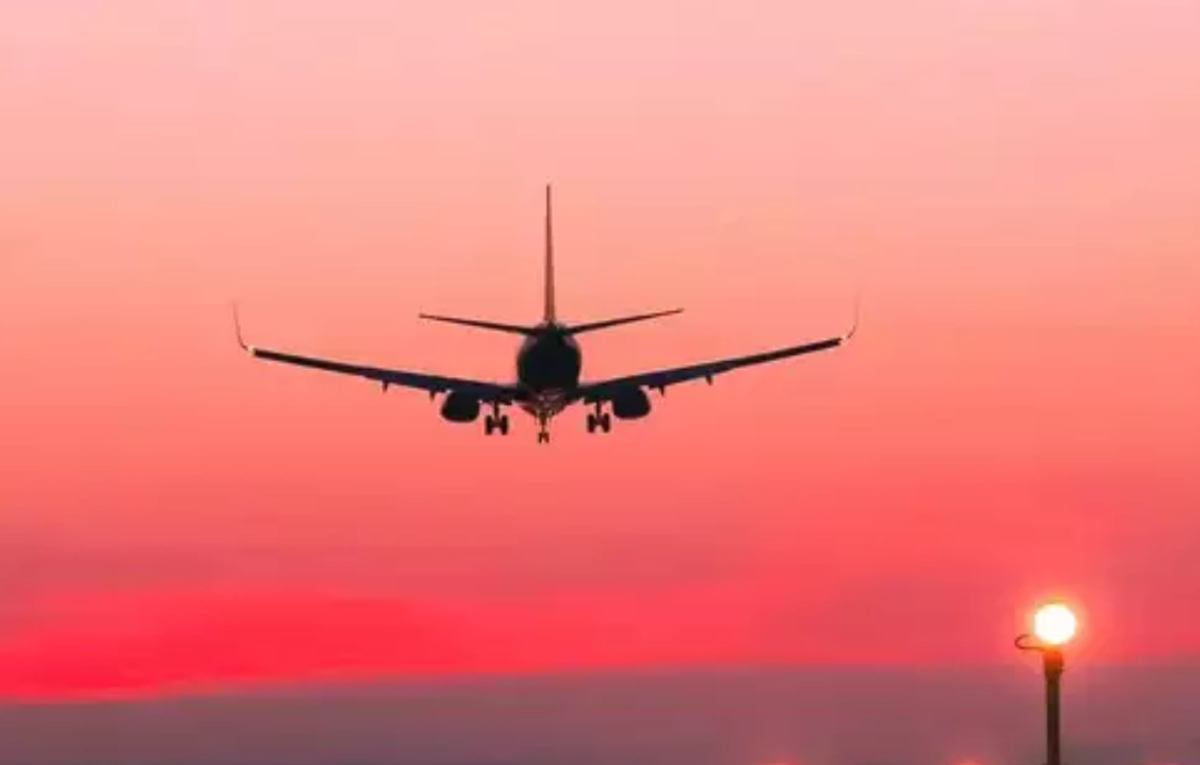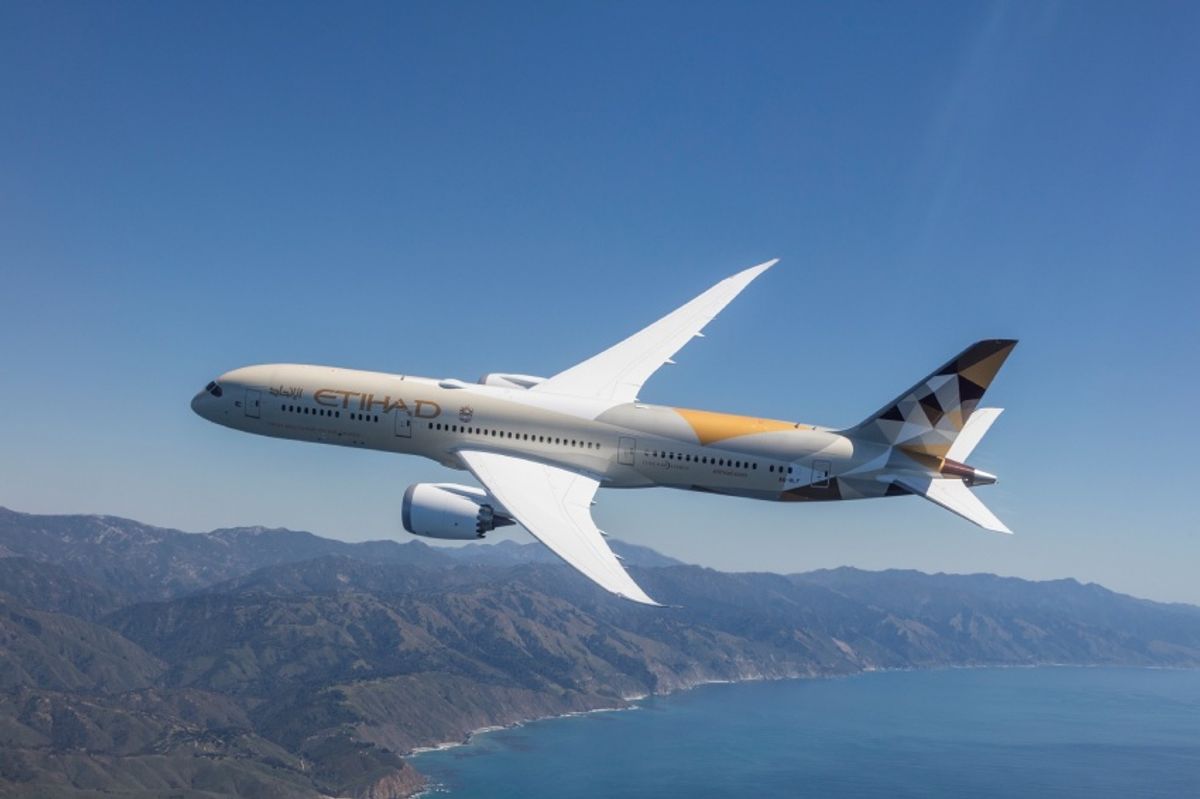Travel
Expect ‘modest’ airfare increases in 2025, says Amex GBT

Airfares around the world are forecast to “stabilise” next year as global airline capacity continues to rise, according to American Express Global Business Travel’s Air Monitor 2025.
The report said that while fares on most routes will still increase year-on-year, these rises would mostly be “modest”, with some “significant” regional variations. Amex GBT added that this would be a continuation of the stabilisation in flight prices seen during 2024.
In Europe, fares for flights within the continent are expected to go up by 1.2 per cent for business class and by 2.8 per cent for economy year-on-year. On transatlantic routes, business fares are forecast to rise by 1.5 per cent, with economy prices only likely to inch up by 0.8 per cent.
Larger price increases are expected on routes from Europe to both Asia and the Middle East. Business fares to Asia are forecast to rise by 8.2 per cent year-on-year, while economy prices will go up by 6.6 per cent. For flights to the Middle East, business fares are set for a 6.8 per cent increase with a similar rise in economy tickets (6.7 per cent).
Despite a “levelling off” in price increases, Amex GBT said there would still be “challenges” for travel buyers in their negotiations, as airlines focus more on “smart revenue management and dynamic pricing”.
Gerardo Tejado, SVP of professional services at Amex GBT, said: “In 2025, businesses will be faced with a new reality in their air programmes – even though price rises are levelling off and capacity has returned, fares remain high.
“Corporates should expect tough negotiating stances from airlines, particularly as carriers evolve their distribution models. Business travel buyers will need to be strategic – for example, around loyalty and programme performance data – to get value in this environment.”
Trends that could shape airline prices next year include the softening of leisure demand, capacity growth, geopolitical tensions that impact fuel costs, increased charges like environmental surcharges and new global distribution system (GDS) fees, and airlines’ continued adoption of New Distribution Capability (NDC).
The report also cited the use of AI by airlines and technology providers to “sharpen revenue management and retailing capabilities”.
Examples of this include British Airways partnering with Amadeus to design its offer-and-order capabilities using AI, and Delta Air Lines exploring how AI could be used in pricing “to help determine what consumers are willing to pay for the airline’s premium products, relative to its base fares”.








